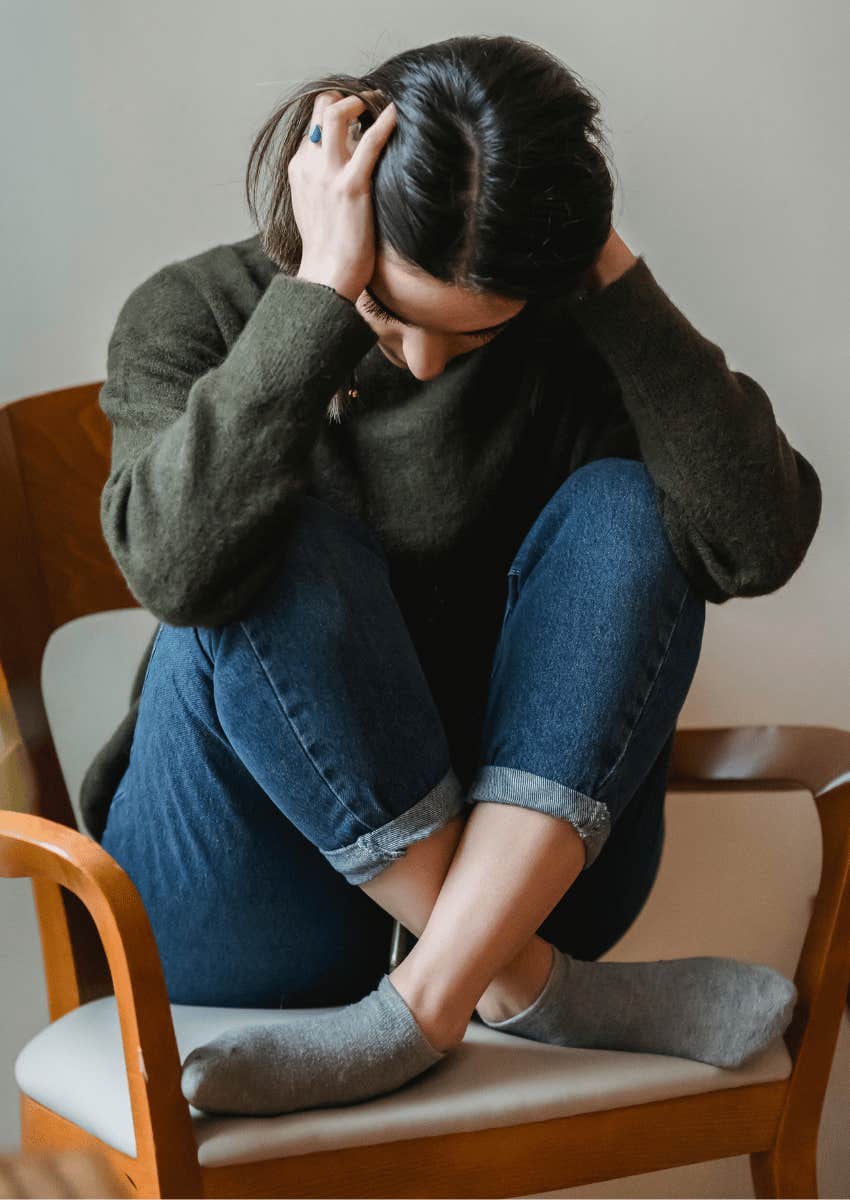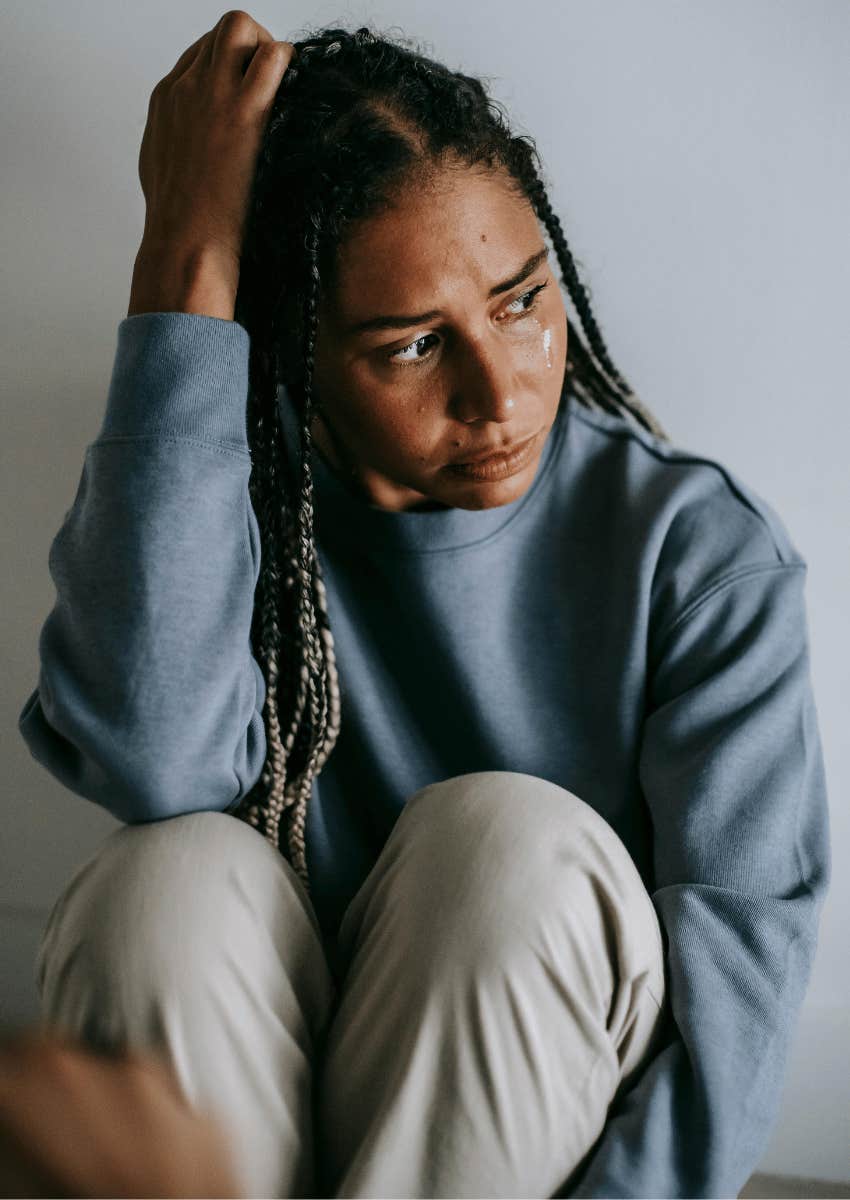The impact of my childhood trauma is unmistakable and far-reaching.
 Liza Summer | Pexels
Liza Summer | Pexels
Like an unexpected rain shower, it saturates me. Working its way from the outside in, chilling me to the bone, often leaving me unable to get warm no matter how many weighted blankets I pull over myself.
My brand of childhood trauma left me with a heightened sense of everyone in my orbit and is characterized by worry and responsibility. Because I wasn’t okay as a child, I developed a habit of wanting those close to me to feel safe and happy and a belief that it’s my responsibility to make sure they are.
Like a guard dog on duty, pacing the perimeter, I’m alert and aware. My thoughts pace back and forth in my brain, imagining scenarios that will likely never arise but need my attention, nonetheless. It’s exhausting.
This week, I find myself in a spiral of imagined circumstances as my wife and I get ready to drive across the country for our annual winter stay in Florida. Each day, there are reports of strife and hate, and being a gay couple traveling through conservative states feels risky.
We are always careful about how we appear when in public. We never hold hands or do anything that draws attention to the fact that we are a couple.
We’ve made this trek six times over the past three years, and we’ve managed to do it without any significant incidents. This year, the trip feels different.
There is a low-grade fear igniting, and we find ourselves talking about creating a plausible backstory for who we are and what we’re doing. If we encounter people who believe our beautiful love will send us straight to the pit of hell and see it as their job to rid the world of such trash, we want to be ready to respond.
Because we share similar hair and eye color and are often asked if we are sisters, I suggested to my wife that we take off our rings and tell anyone who asks that we’re sisters escaping liberal Washington State.
“That’ll work, right?” I ask, willing her to say “yes” so my worry can trend downward, even if it’s only for an hour or two.
You may be tempted to think I’m blowing things out of proportion. However, after the 2020 election, young men were patrolling Texas highways, running cars from liberal states off the road.
I would give almost anything to find a quick cure for the worry that runs rampant in my brain.
 Alex Green | Pexels
Alex Green | Pexels
After sixty-five years of this, I’m weary and convinced there’s no easy solution. My anxiety isn’t confined to making it across the country during an election year safely. I worry about those who are close to me and sometimes even strangers who appear to be struggling. My worry isn’t discerning, and it’s especially active with my adult children.
Throughout my adult years, I’ve heard parents talking about the relief they feel when their kids are grown up and out of the house. While I’m elated that I’m no longer parenting teenagers, my worry isn’t gone. It’s just taken on a different tone. I don’t obsess over whether my teenagers are out partying or whether they’ll survive their latest breakup.
Instead, I stress over things that aren’t my responsibility. Things like whether they’re performing well in their jobs, getting enough exercise, or if they have enough money to replace their roof.
These are secret thoughts, of course. I’m wise enough to keep them to myself, placing a higher value on my kid’s ability to make good decisions than on my irrational worries.
For those who don’t struggle with anxiety or feeling overly responsible for others, I’m sure it’s hard to understand the issue. There will be people reading this who will think, “Get over yourself, Lady.”
Oh, how I wish it were that easy. Recently, I read that trauma — especially repeated childhood trauma — creates neuropathways that keep us stuck. Like muscle memory, the trauma pathways act like superhighways for our errant thoughts and responses, making it extremely difficult to think (or feel) different
There has been some interesting work done with Ketamine Therapy, and the research seems to indicate that utilizing this type of drug in a controlled environment may help people form new neural pathways that circumvent the well-worn routes trauma created. That’s great news, and I’m looking into whether I’d be a good candidate.

